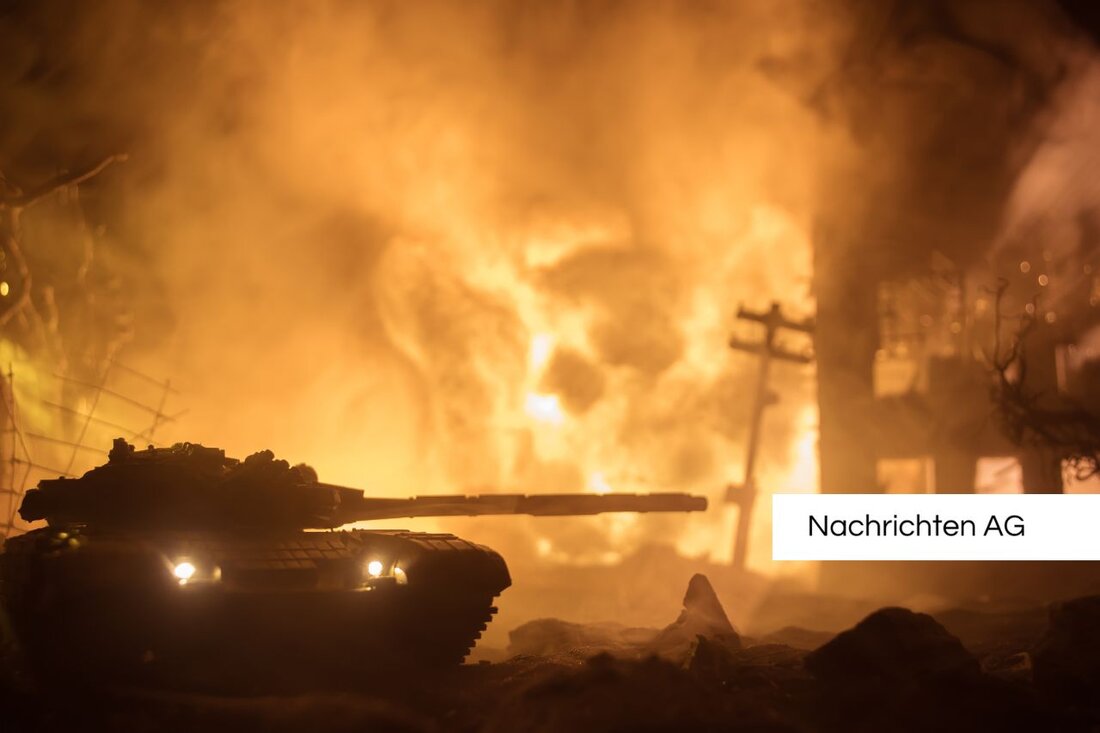Memory of Srebrenica: 30 years after the cruel genocide
Memory of Srebrenica: 30 years after the cruel genocide
On July 11, 2025, in Srebrenica, a commemoration of the genocide, which took place 30 years ago, will be reminded of the genocide. This ceremony is expected to attract tens of thousands of people, since participants of a 100 -kilometer “peace march” are expected from the Eastern Bosnian village of Nezuk. On this tragic date three decades ago, troops of the Bosnian-Serbian army chief Ratko Mladić stormed the UN protection zone in Srebrenica and killed over 8000 Muslim men and boys, which was the worst war crime in Europe since World War II.
The memorial event next Saturday will include a ceremony for the burial of further victims in the Srebrenica memorial in Potočari. Chancellor Christian Stocker and Foreign Minister Beate Meinl-Reisinger will be present and express their sympathy. While Meinl-Reisinger emphasizes the responsibility for the present and the need for reconciliation, Stocker will highlight the importance of commemoration.
memory of the genocide
In June 1995, the command of the Drina Corps of the Bosnian-Serbian army prepared the military plan "Krivaja-95" to attack the Srebrenica enclave. In the afternoon of July 5, the VRS commanders received the order to put the plan into practice. From July 6th, the attack on Srebrenica began, with the VRS burned down the Bosniac houses and villages and forced thousands of civilians to flee to the UN base in Potočari, where several hundred Dutch peacekeepers were stationed.
This escape was brutally persecuted by the VRS, and until July 10, 1995, around 15,000 Bosniak men tried to get through the forests to a safe area, which became known as the "death march". Over two thirds of these men were captured and killed. In the following week, the region turned into a battlefield: more than 8,000 men and boys were systematically murdered.
The executions continued throughout the day, with the VRS troops brought men in detention centers and tortured under cruel conditions. International courts were later classified as genocide, a dark proof of human cruelty. The importance of commemoration is essential for peace and reconciliation.
political reactions
Federal President Alexander Van der Bellen emphasized the central role of common memory for reconciliation. Former Minister of Justice Alma Zadić also warned of the dangers of hatred and nationalist ideas. The foreign policy spokeswoman for the SPÖ, Petra Bayr, and human rights spokeswoman Pia Maria Wieninger also emphasized the urgency of vigilance and acting against nationalism, which fueled many of the atrocities of this time.
The memory of Srebrenica remains a reminder for Europe and the world, to never let similar crimes happen again. The memory of these misdeeds is not only an obligation to the victims, but also an appeal to the present and future generations. The memorial in Srebrenica symbolizes the fight against forgetting and deepening of understanding for the horrors of war and genocide.
For more information about memorials in Europe, including those who are commemorating the Second World War and the horrors of the Holocaust, interested parties can pay a visit to the Memorial Places of Europe.
| Details | |
|---|---|
| Ort | Srebrenica, Bosnien und Herzegowina |
| Quellen | |


Kommentare (0)